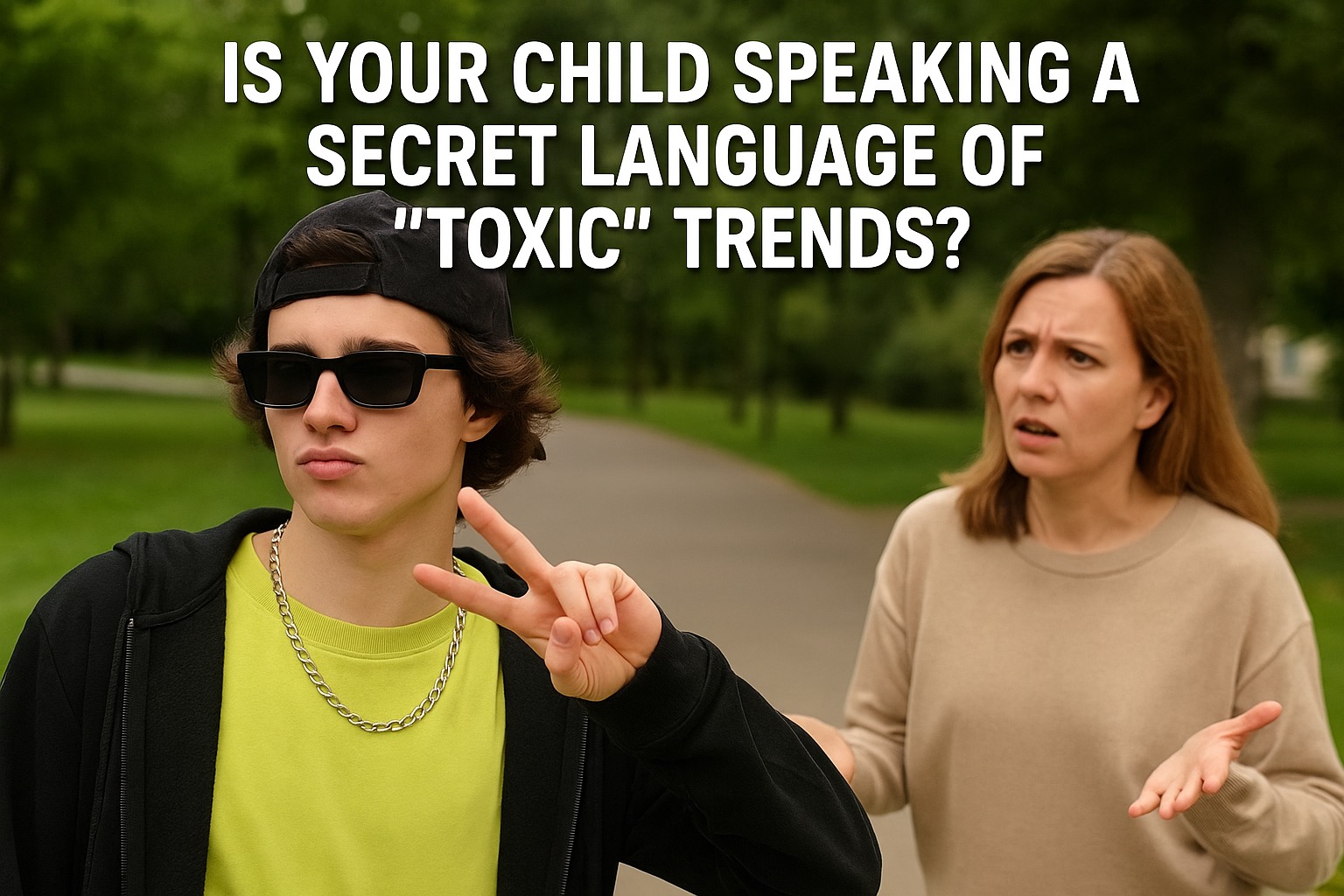
"Bro, I’m so bipolar today." "This teacher is so toxic!" "I’m so depressed, my trip got cancelled..!" "My parents are giving me trauma, like actual trauma."
Reality Check:
What sounds like casual slang is actually masking something serious. Using mental health terms loosely may make conversations sound “cool,” but it normalizes real distress and confuses expression.
Why It Matters:
The language our kids use isn't just a reflection of their thoughts; it actively shapes them. When they constantly use "heavy" and negative terms like "depressed," "toxic," or "traumatized" to describe everyday situations, they inadvertently reinforce a negative lens through which they view the world. This isn't just about what they say; it's about what they believe about their experiences. Such language can normalize feelings of overwhelm, victimhood, and despair, potentially making it harder for them to develop resilience and problem-solving skills. It can create a self-fulfilling prophecy where minor setbacks are blown out of proportion.
Therapy Can Help:
Let's encourage our kids to be mindful of the words they choose, understanding their inherent power. Guide them towards language that promotes resilience, growth, and accurate self-expression. Challenge them gently: "Are you truly 'depressed,' or are you feeling frustrated and overwhelmed right now?"
Therapy can help young minds:
- Understand real vs. misused language
- Build emotional awareness
- Learn how to express distress without dramatization
In therapy, kids learn to name emotions accurately, build emotional vocabulary, and differentiate real mental health struggles from temporary feelings.
👉 Therapy doesn’t just treat disorders : it builds awareness, clarity, and communication.
Let’s help them speak with clarity, not chaos. Book a teen session today.